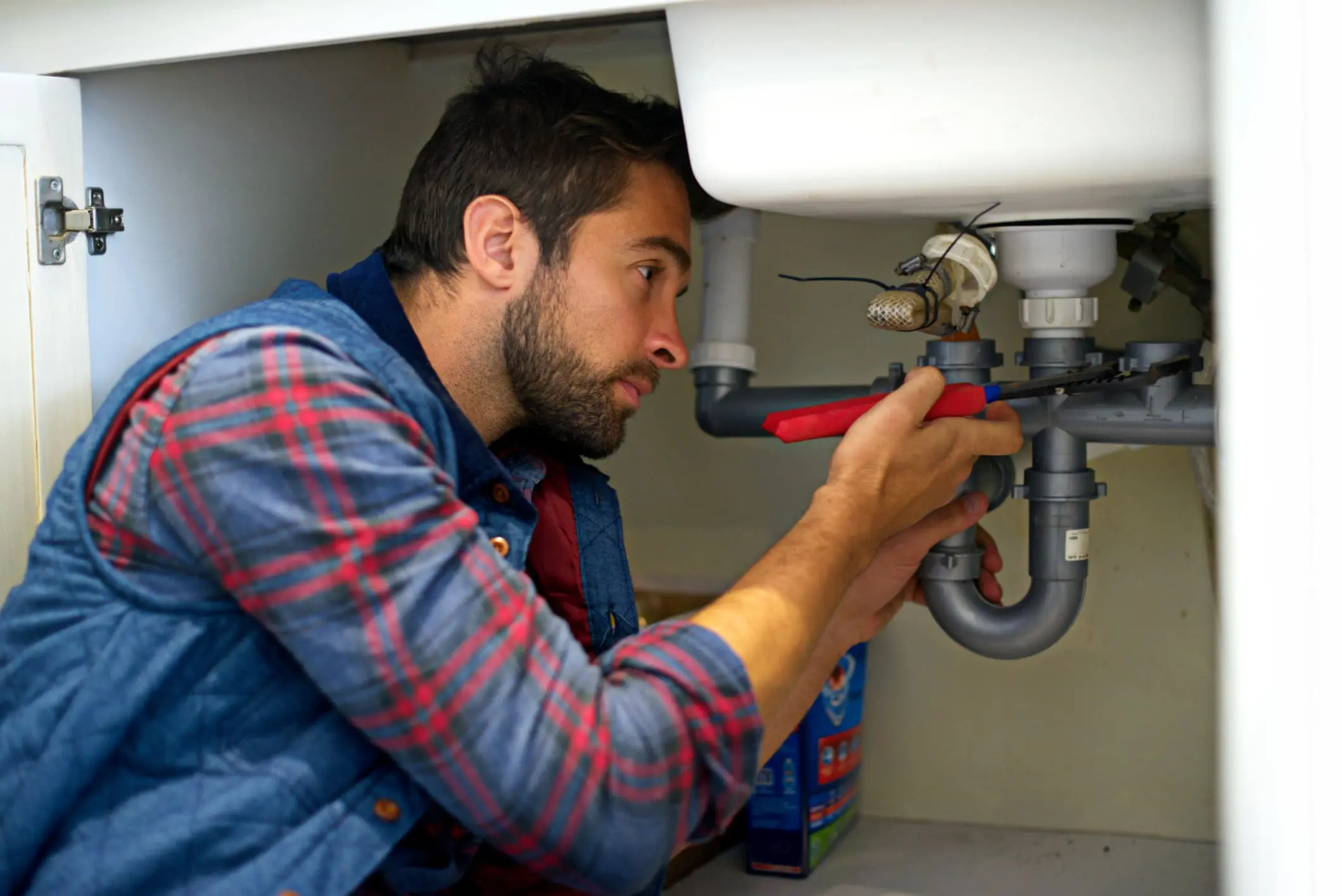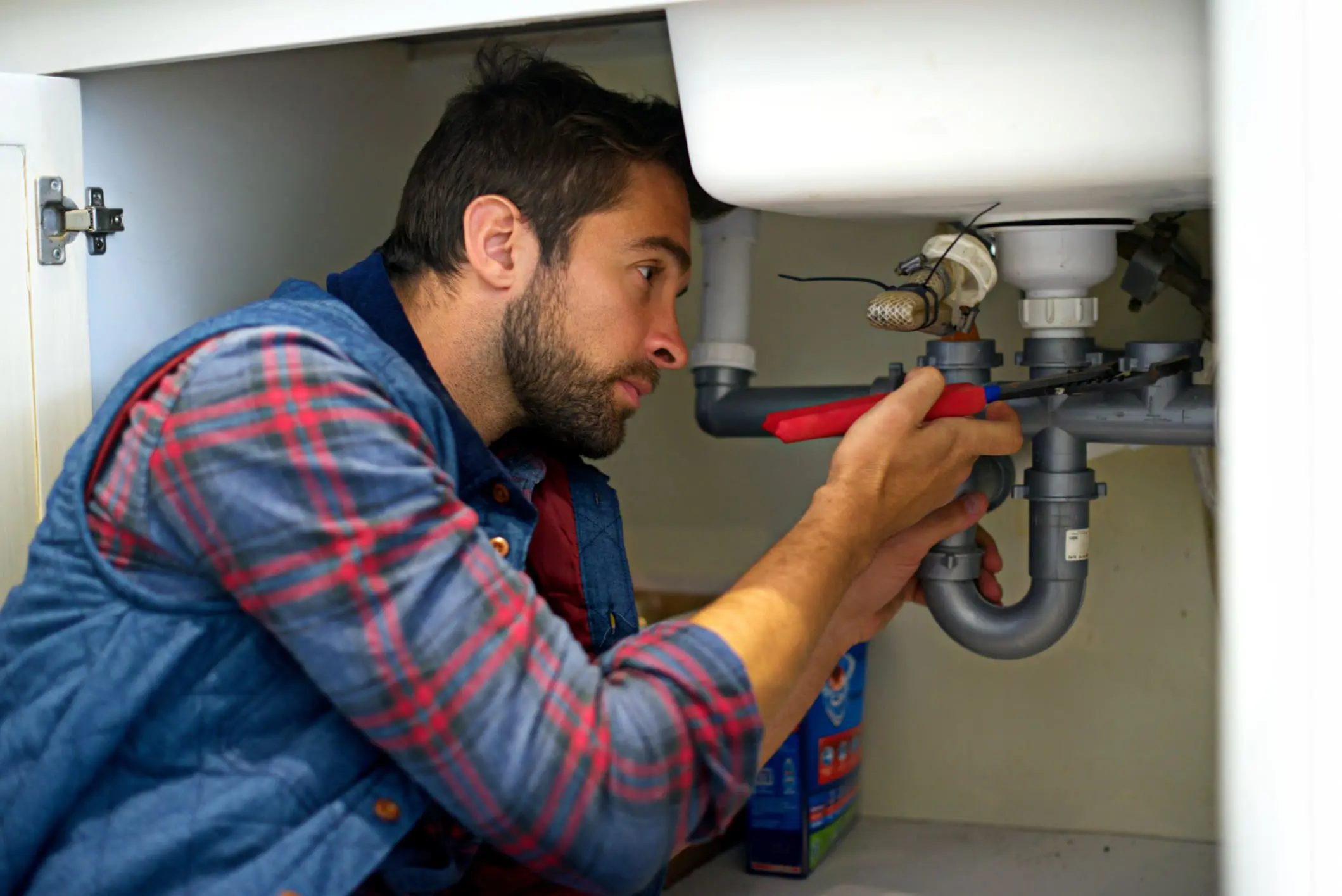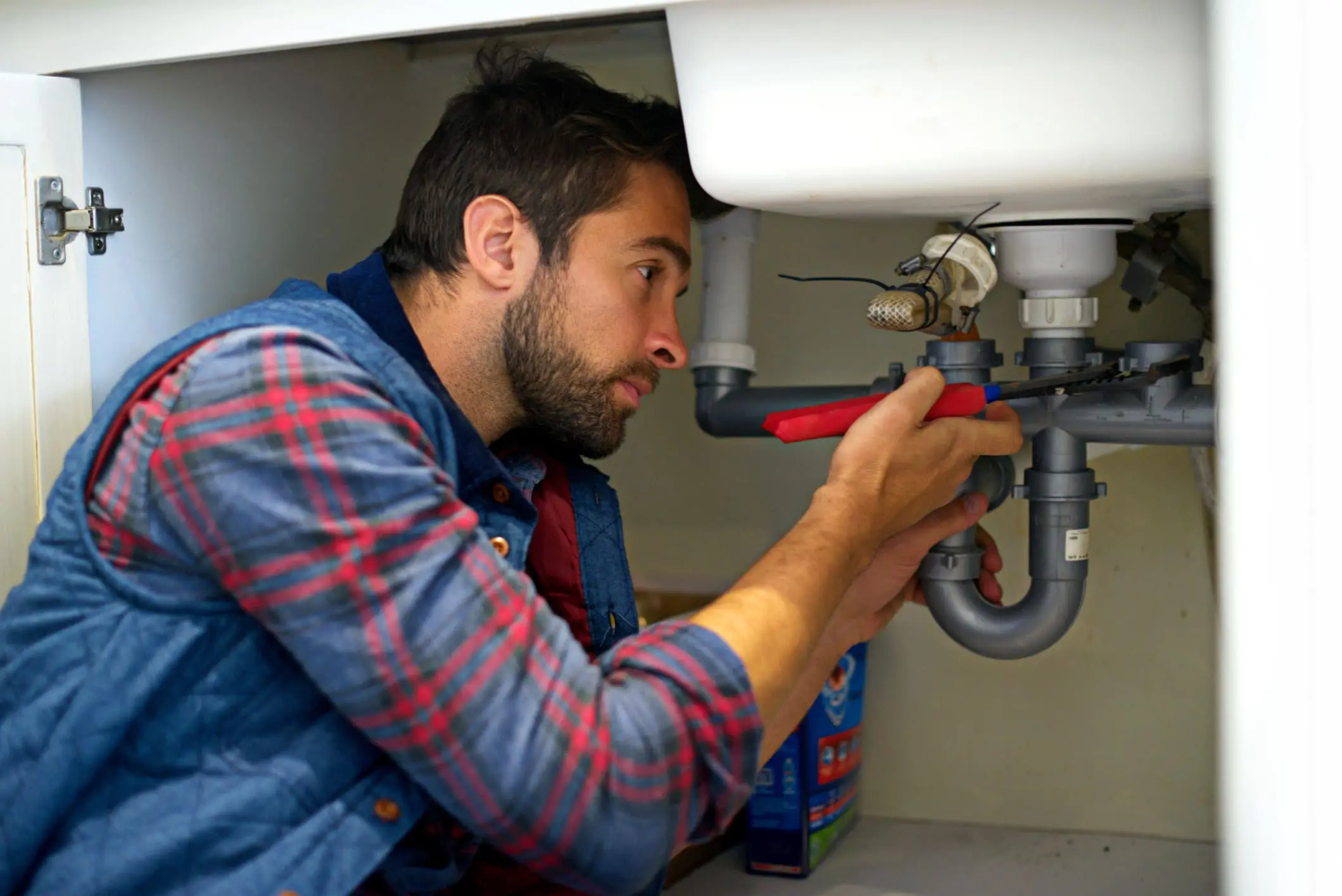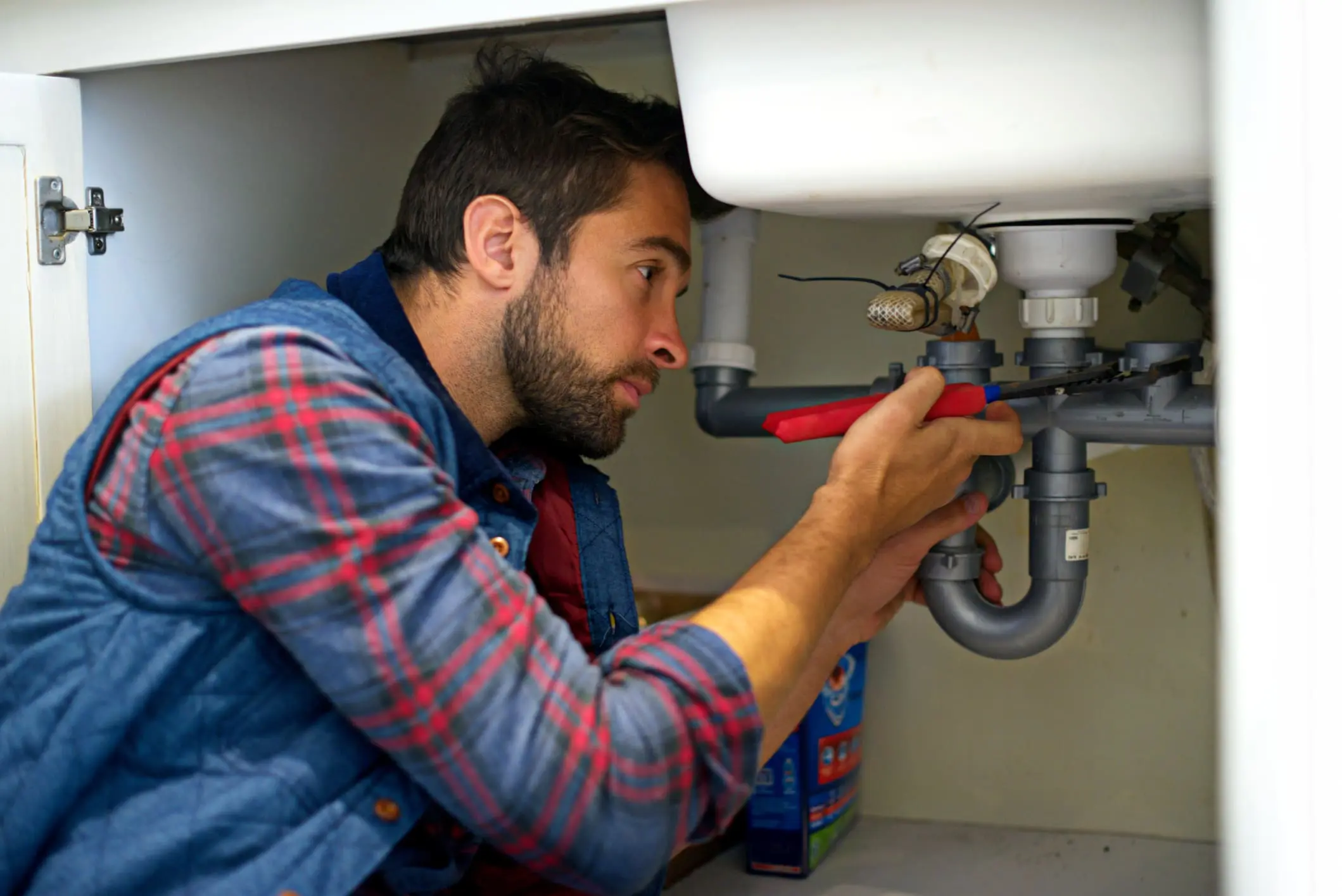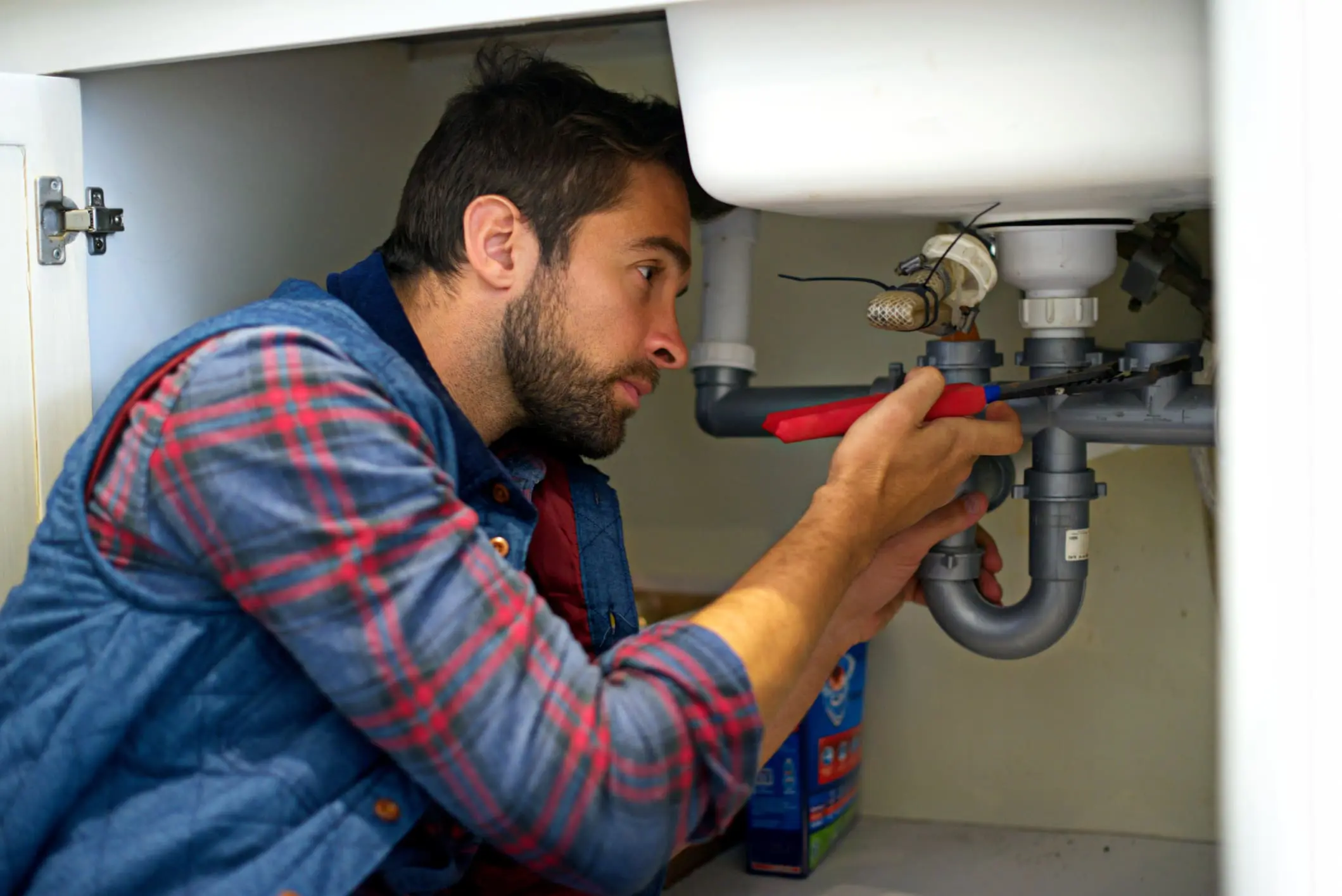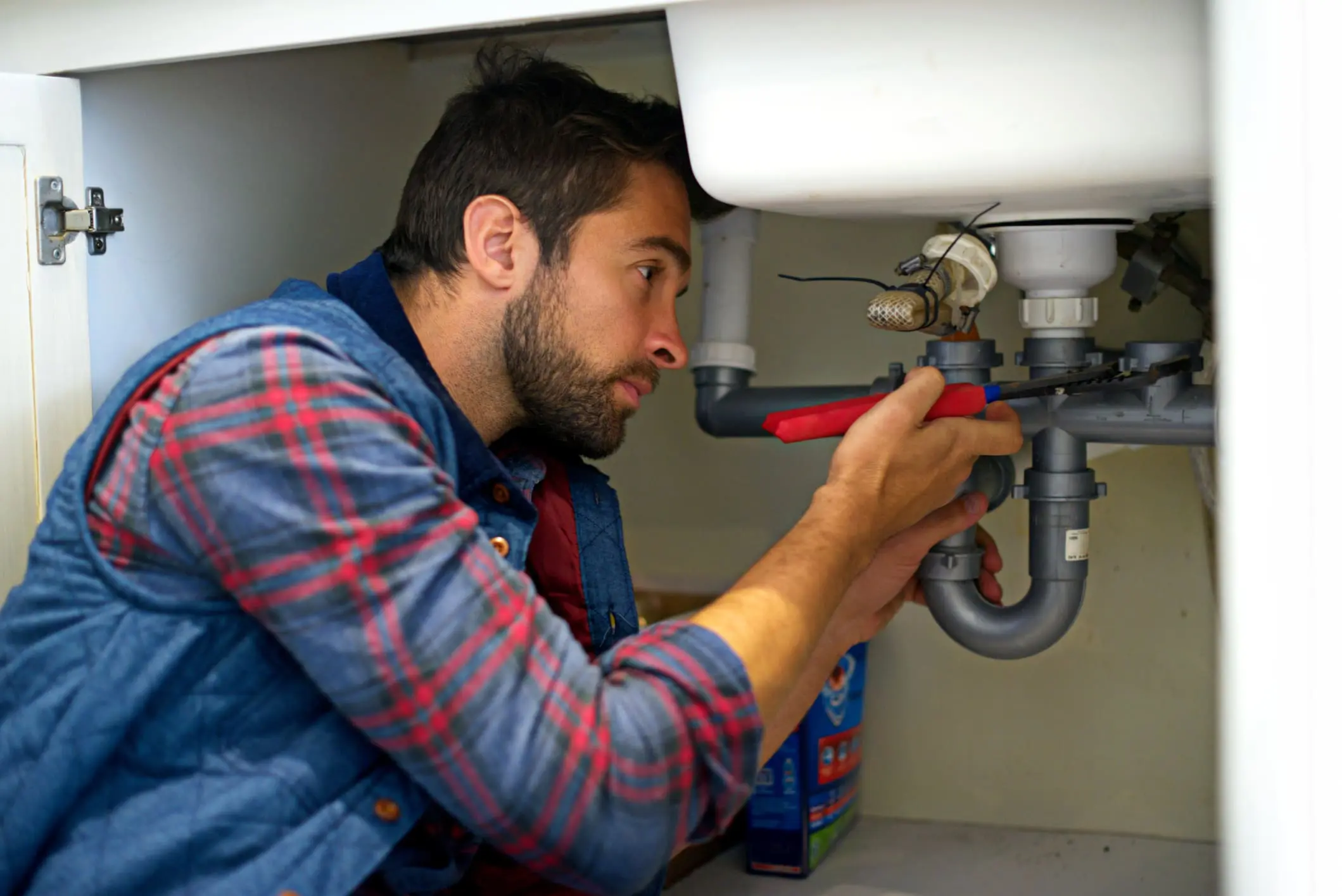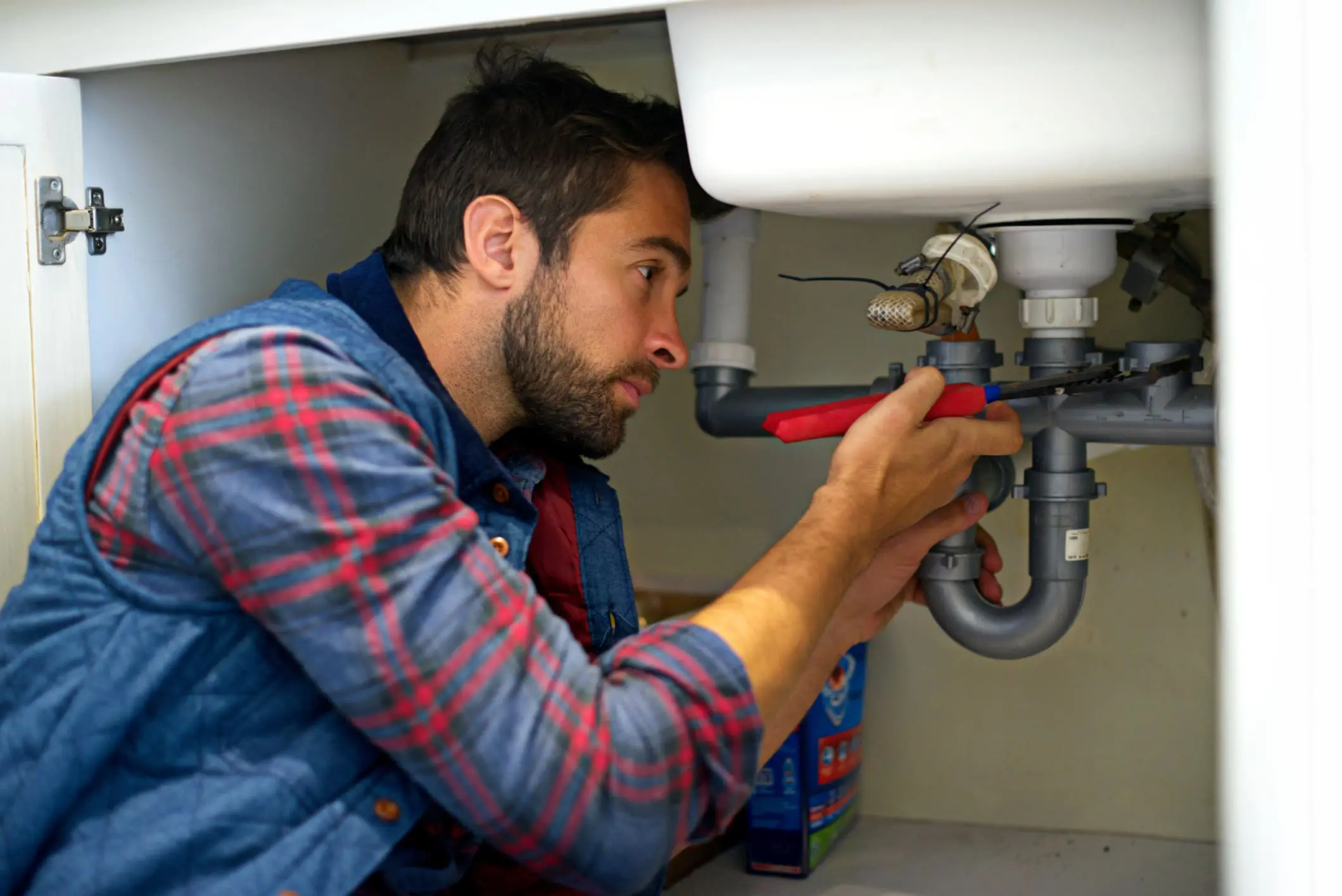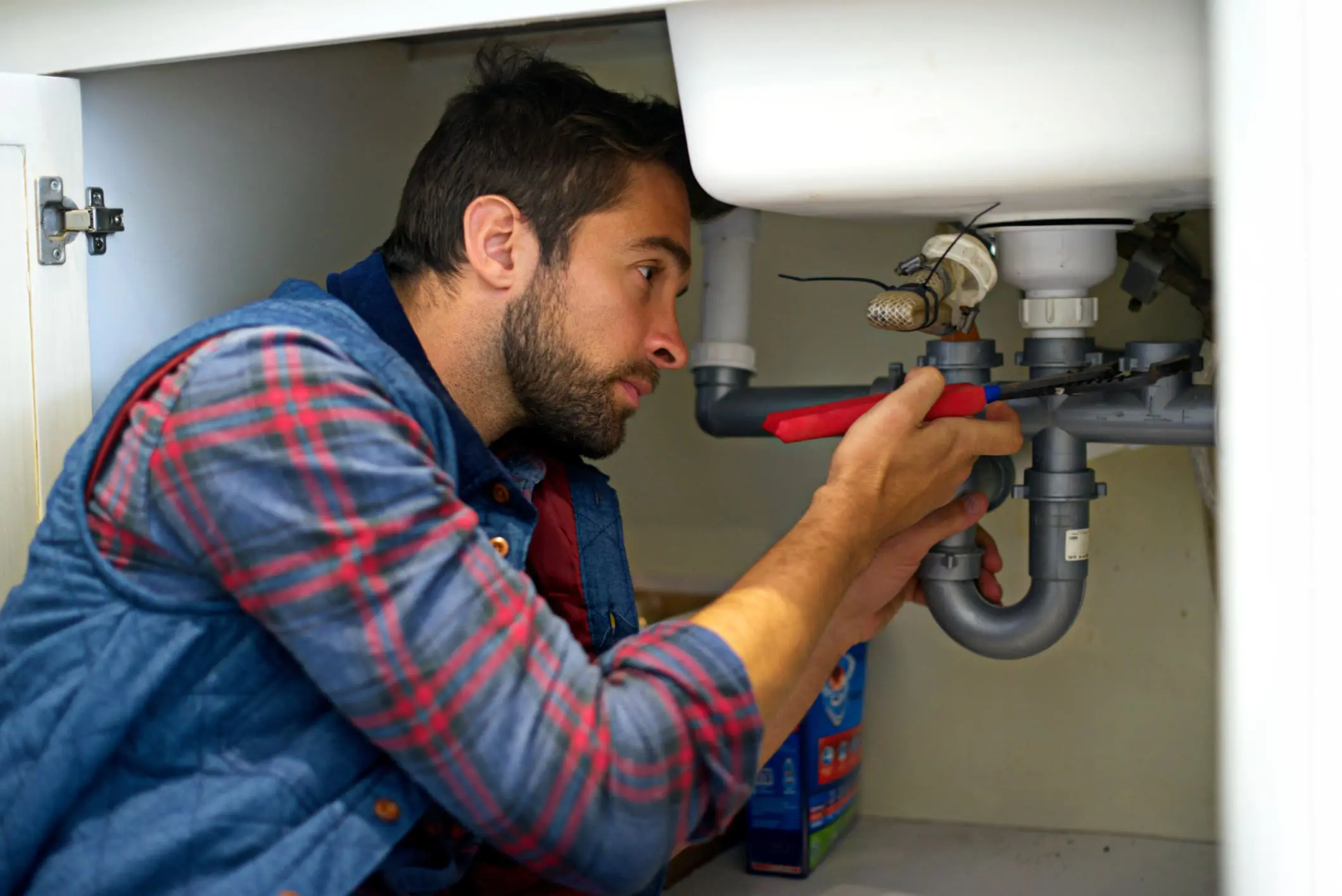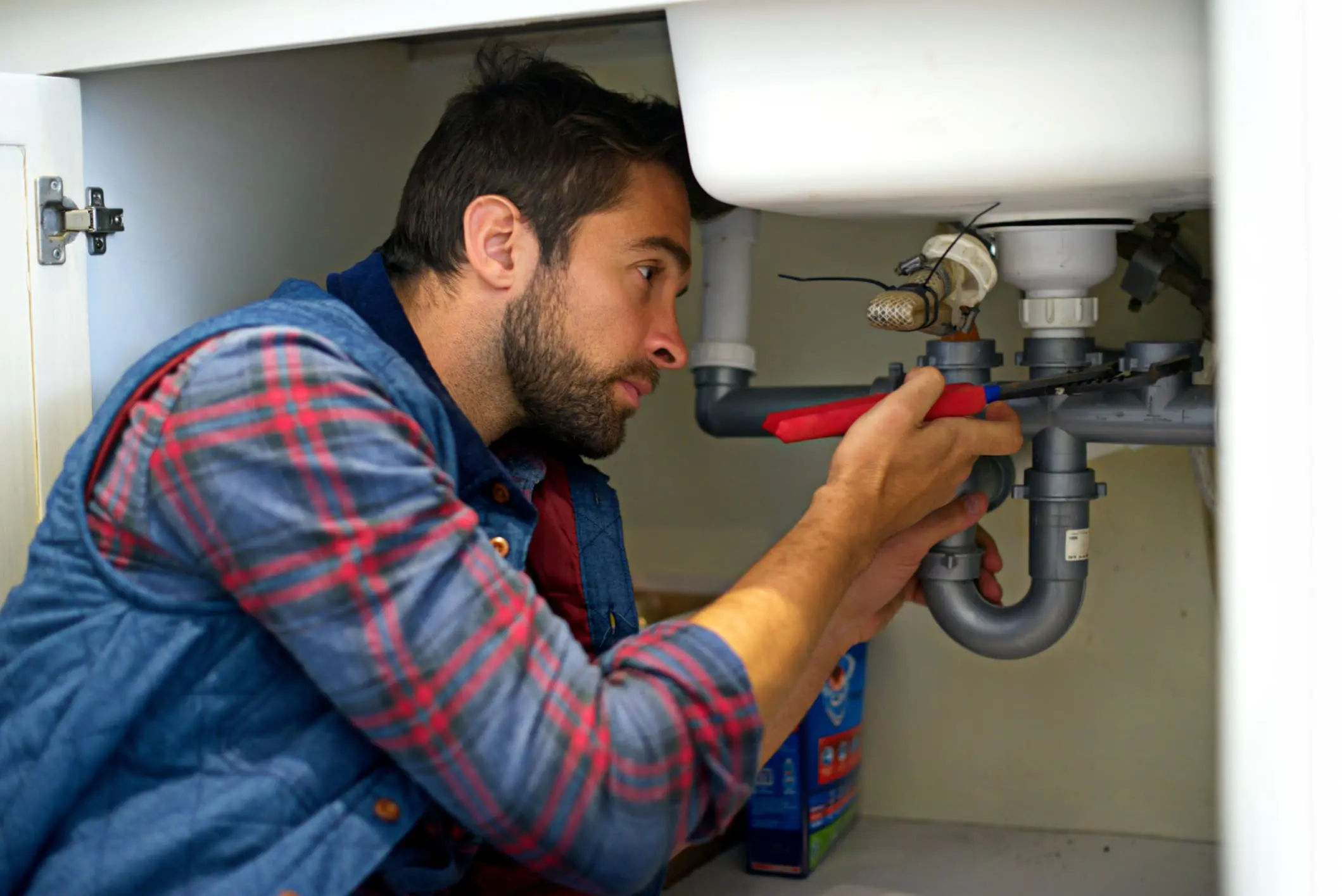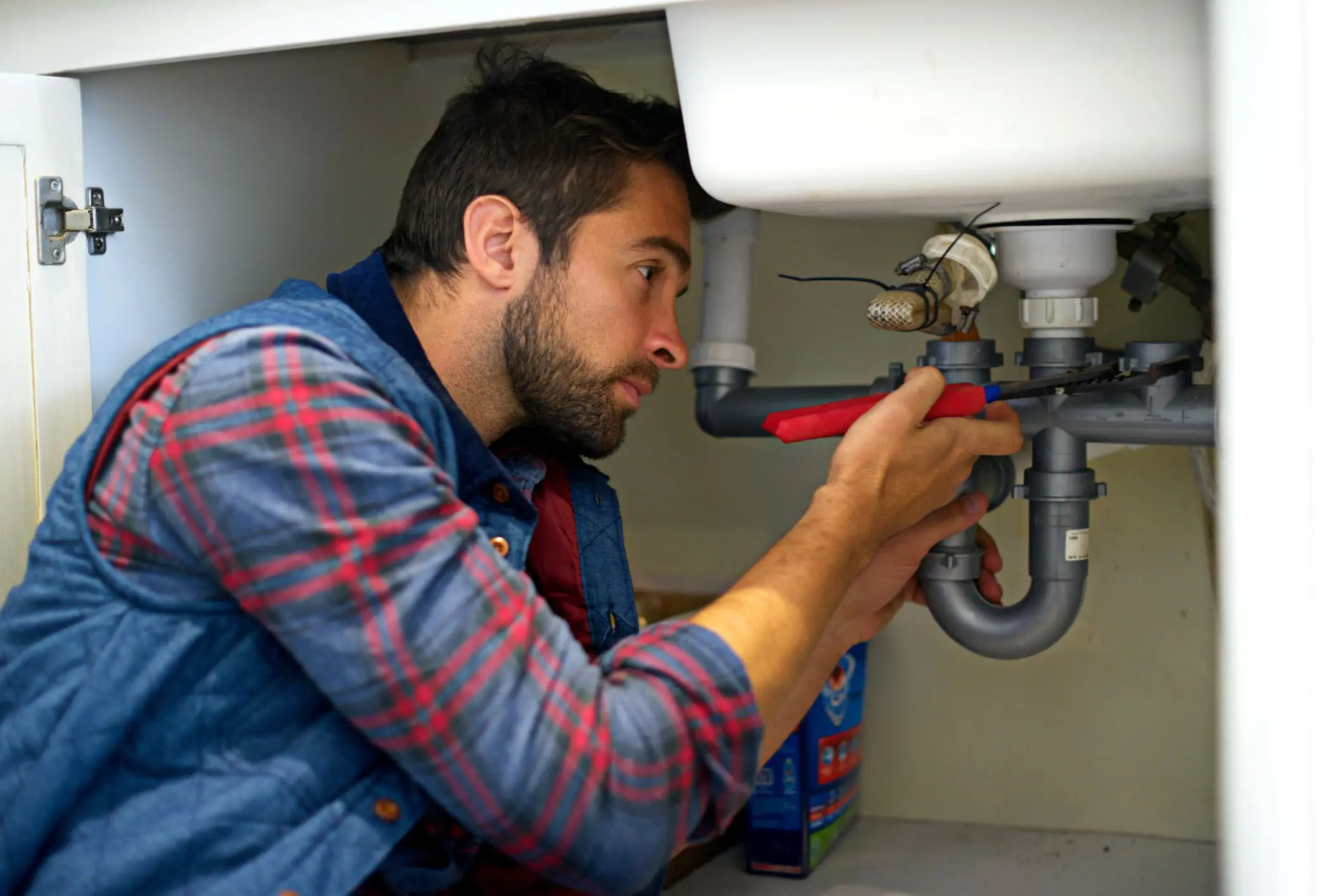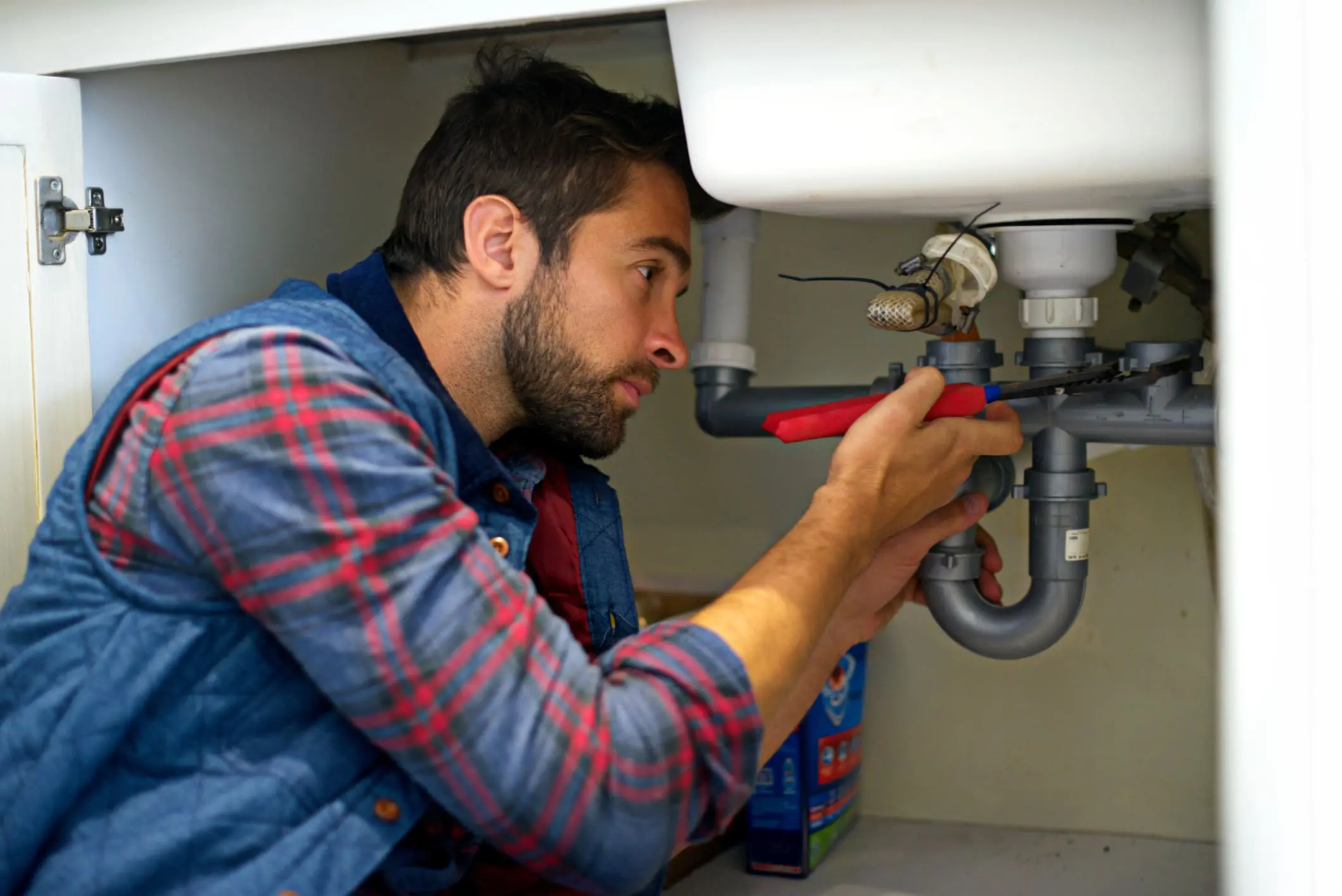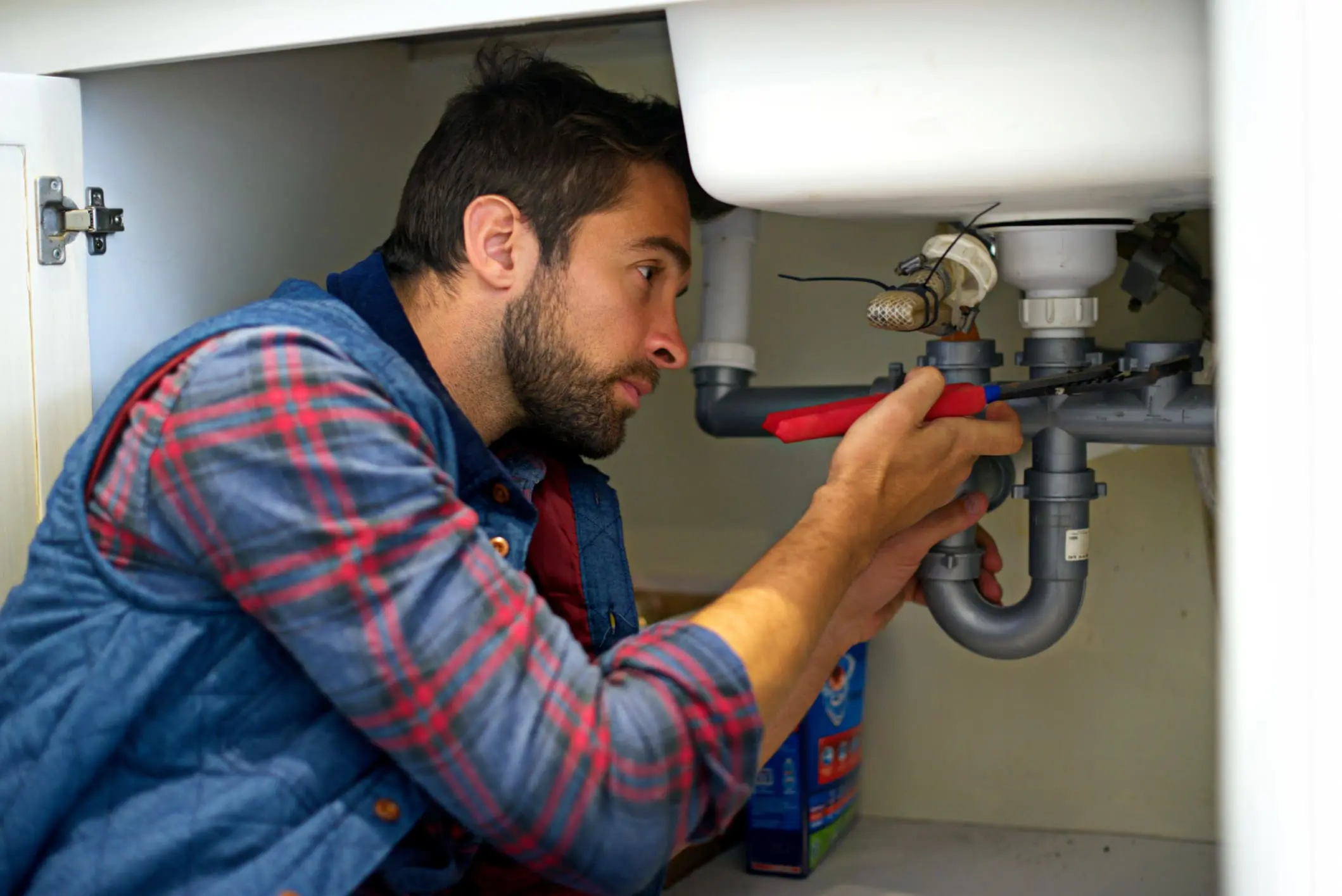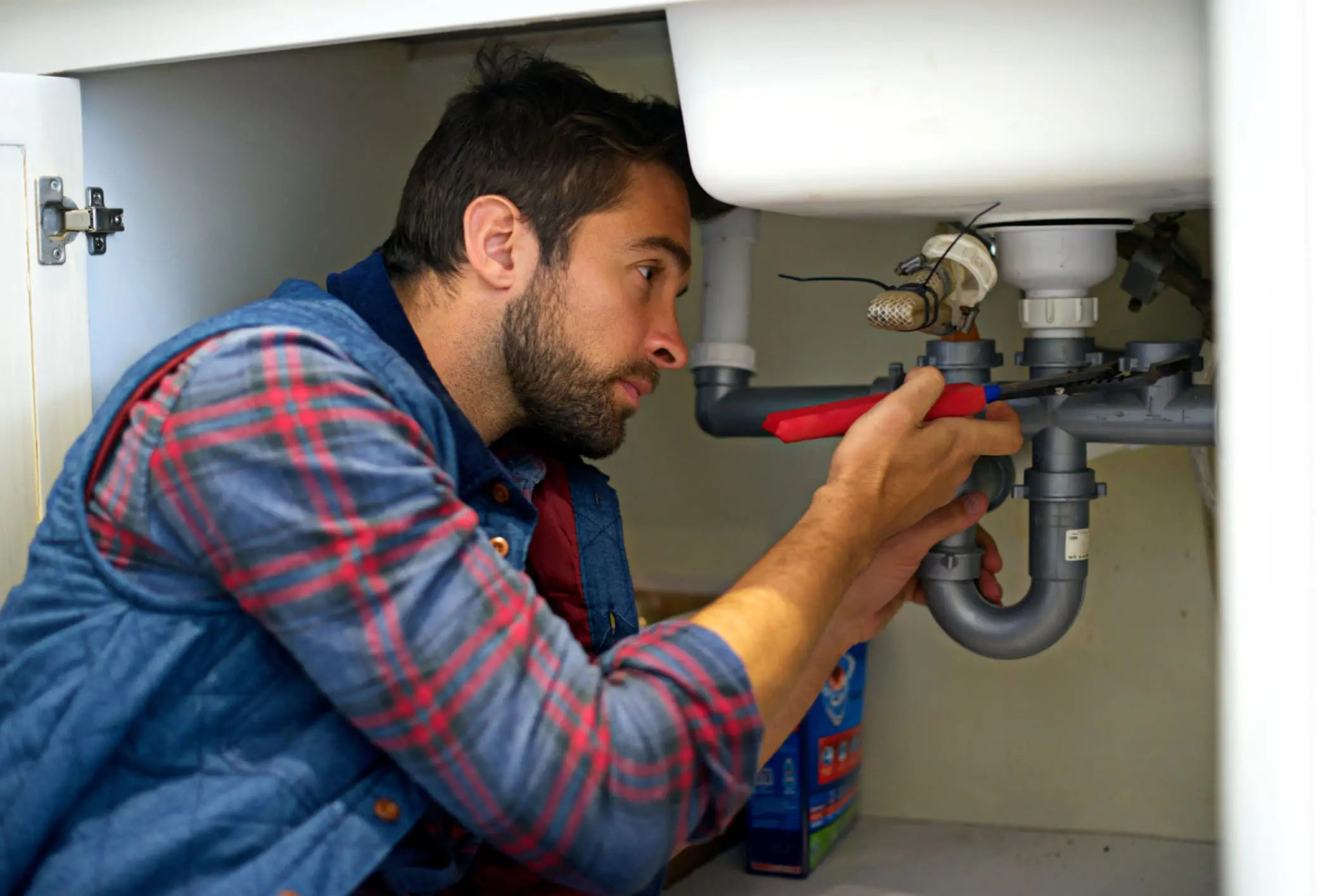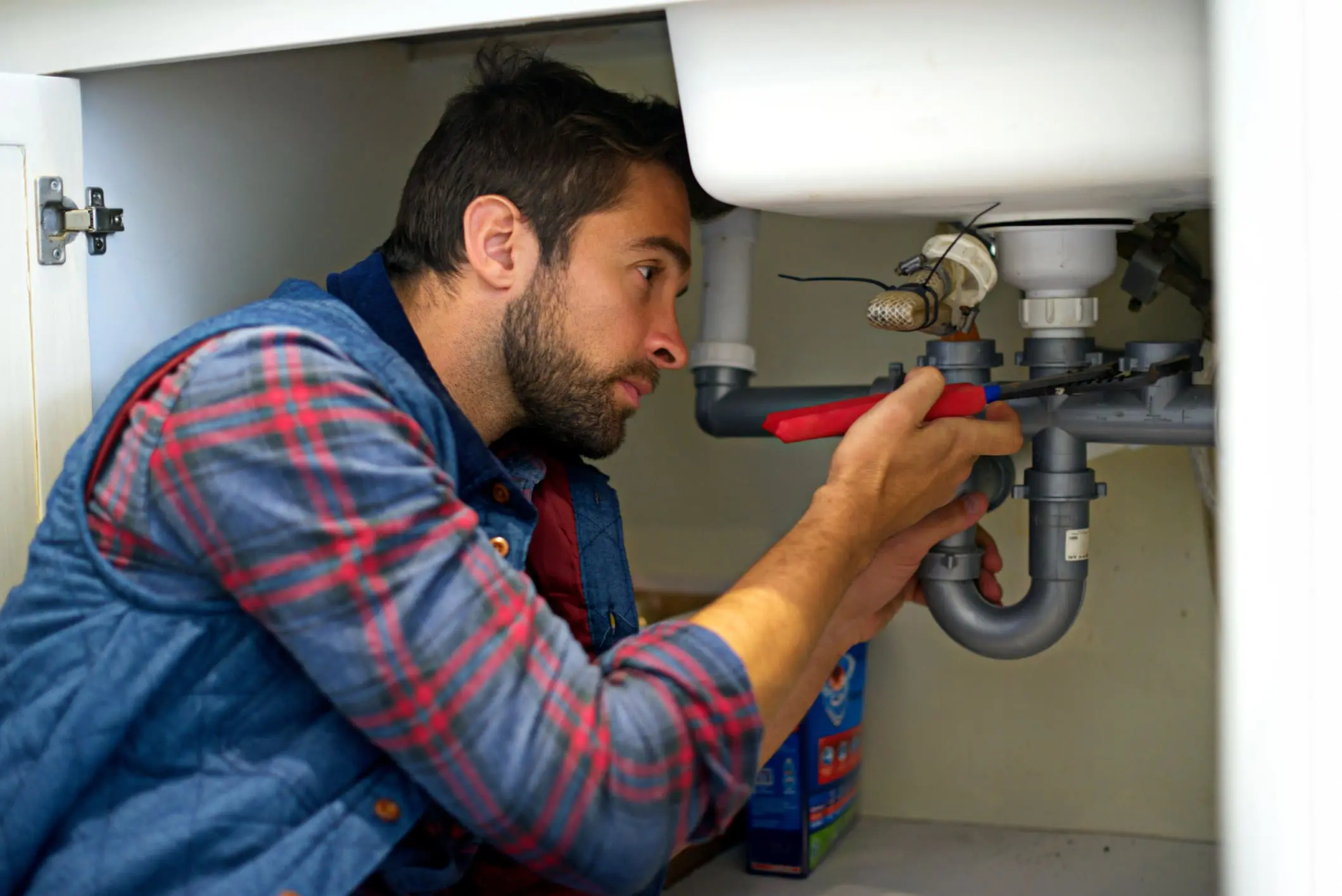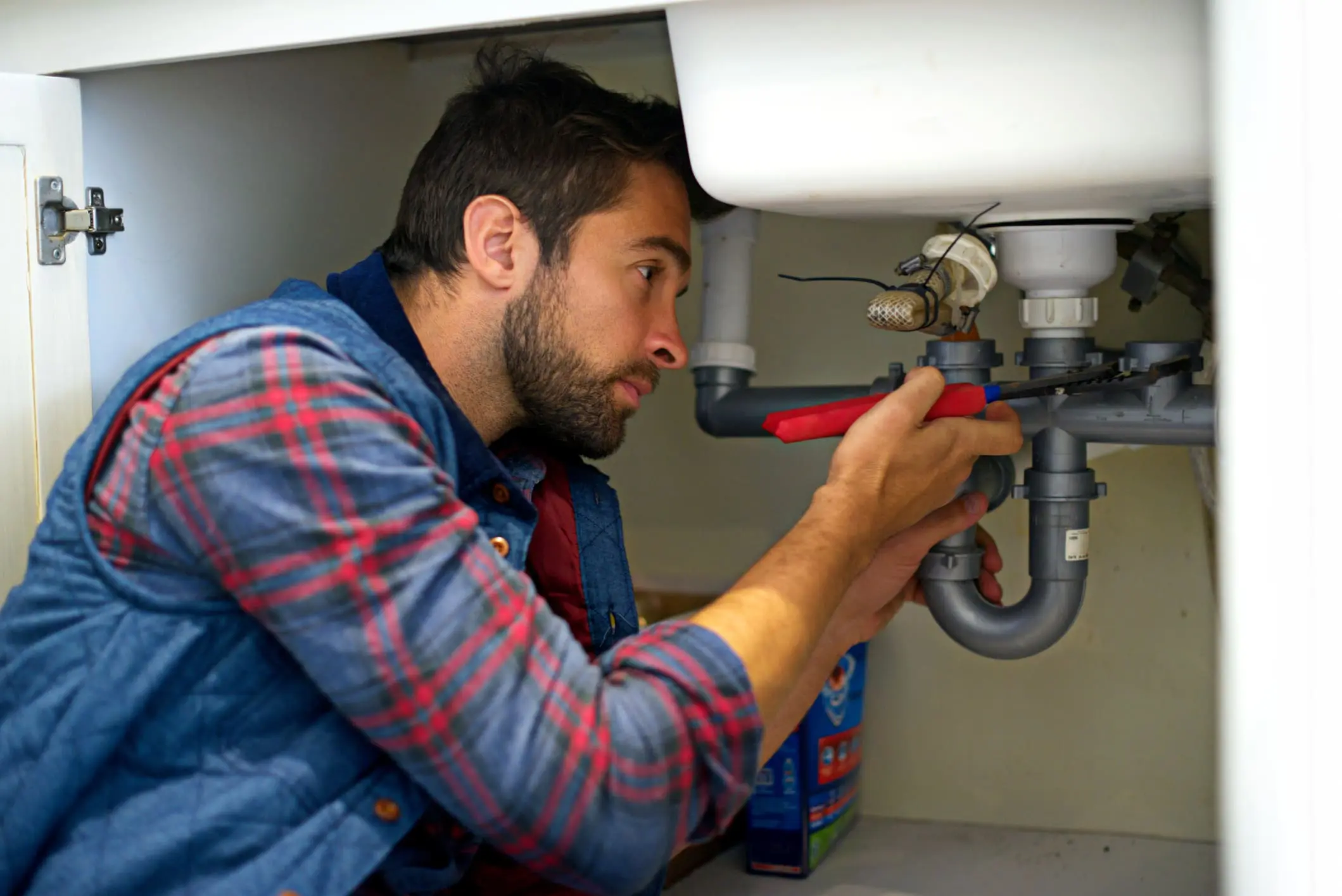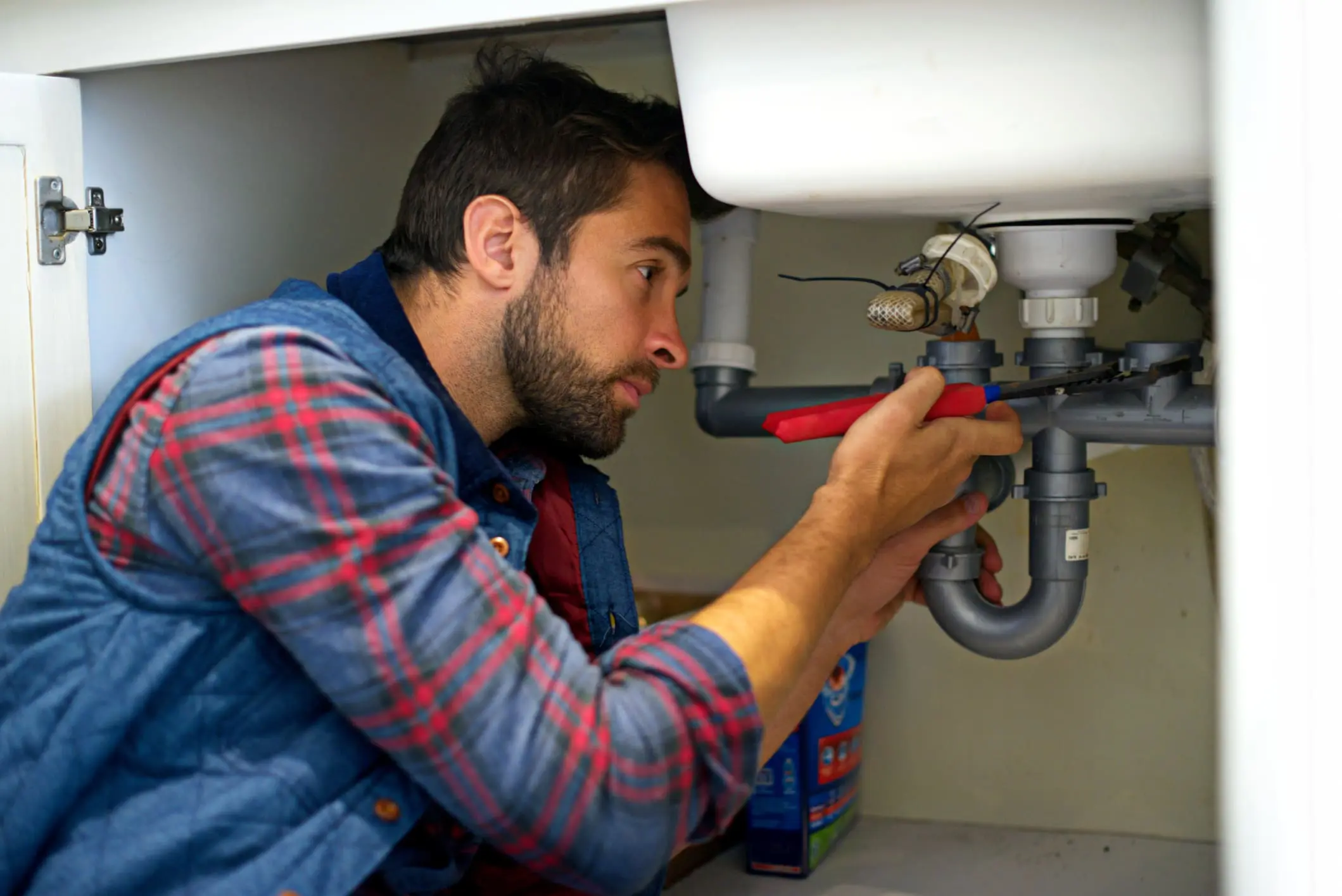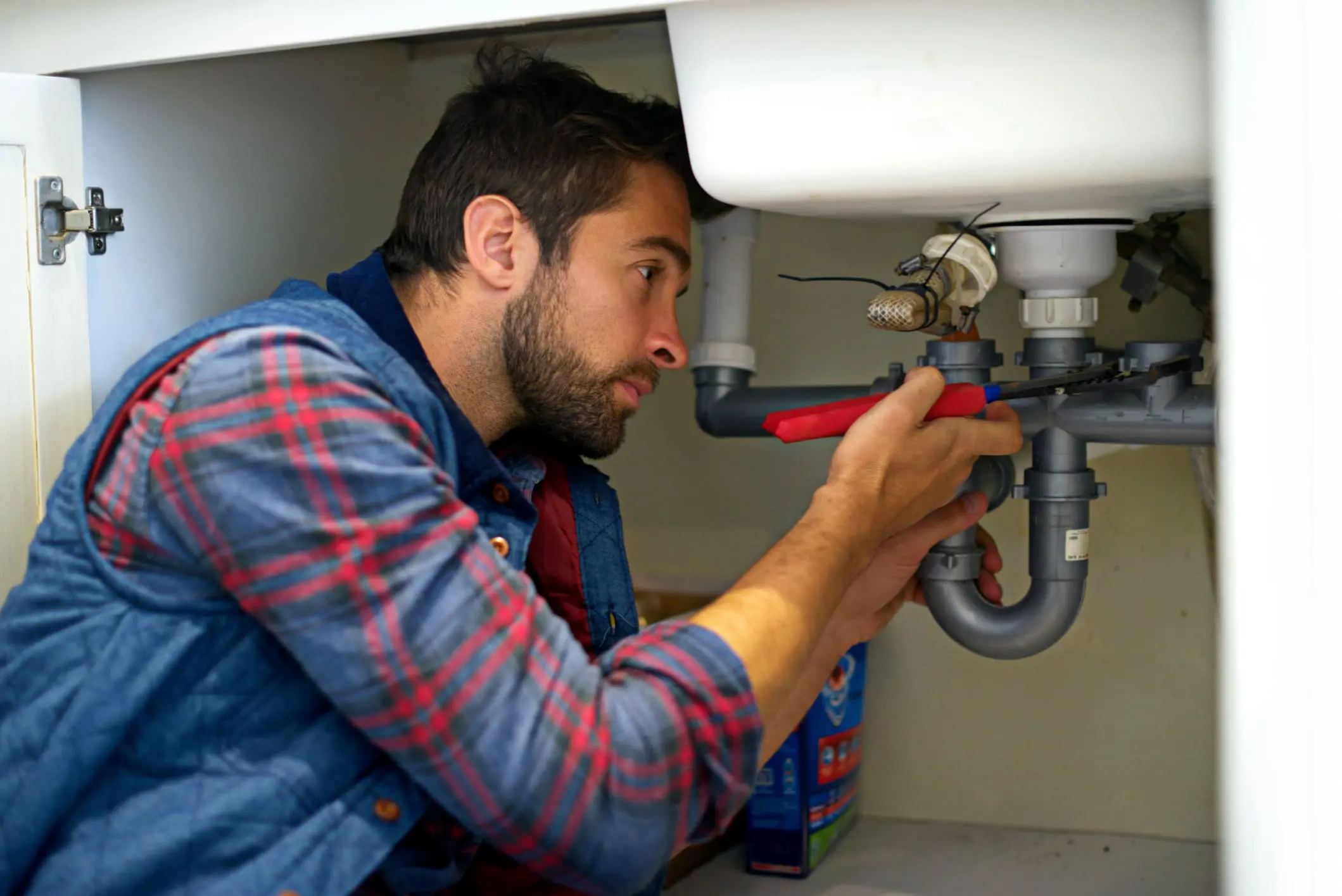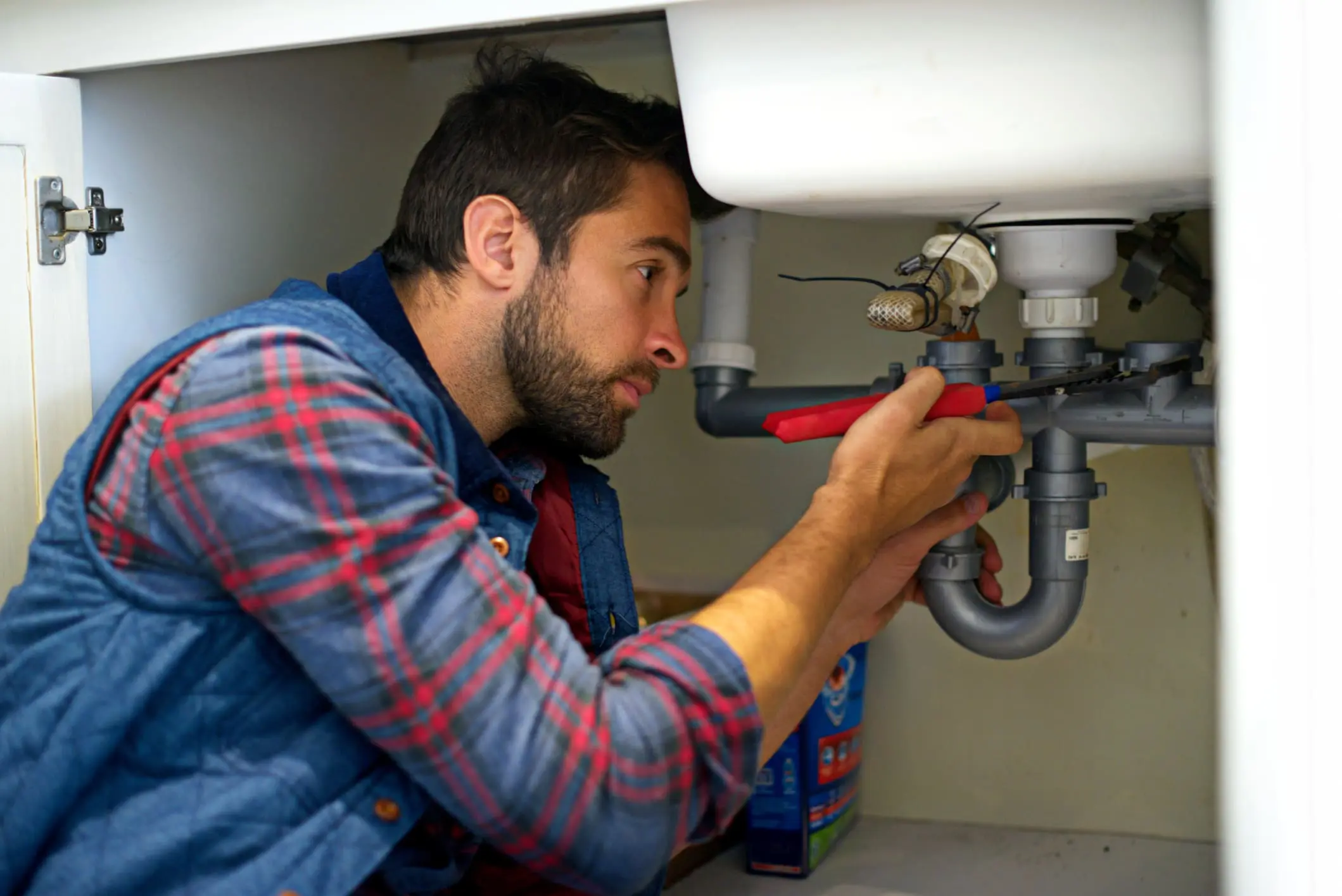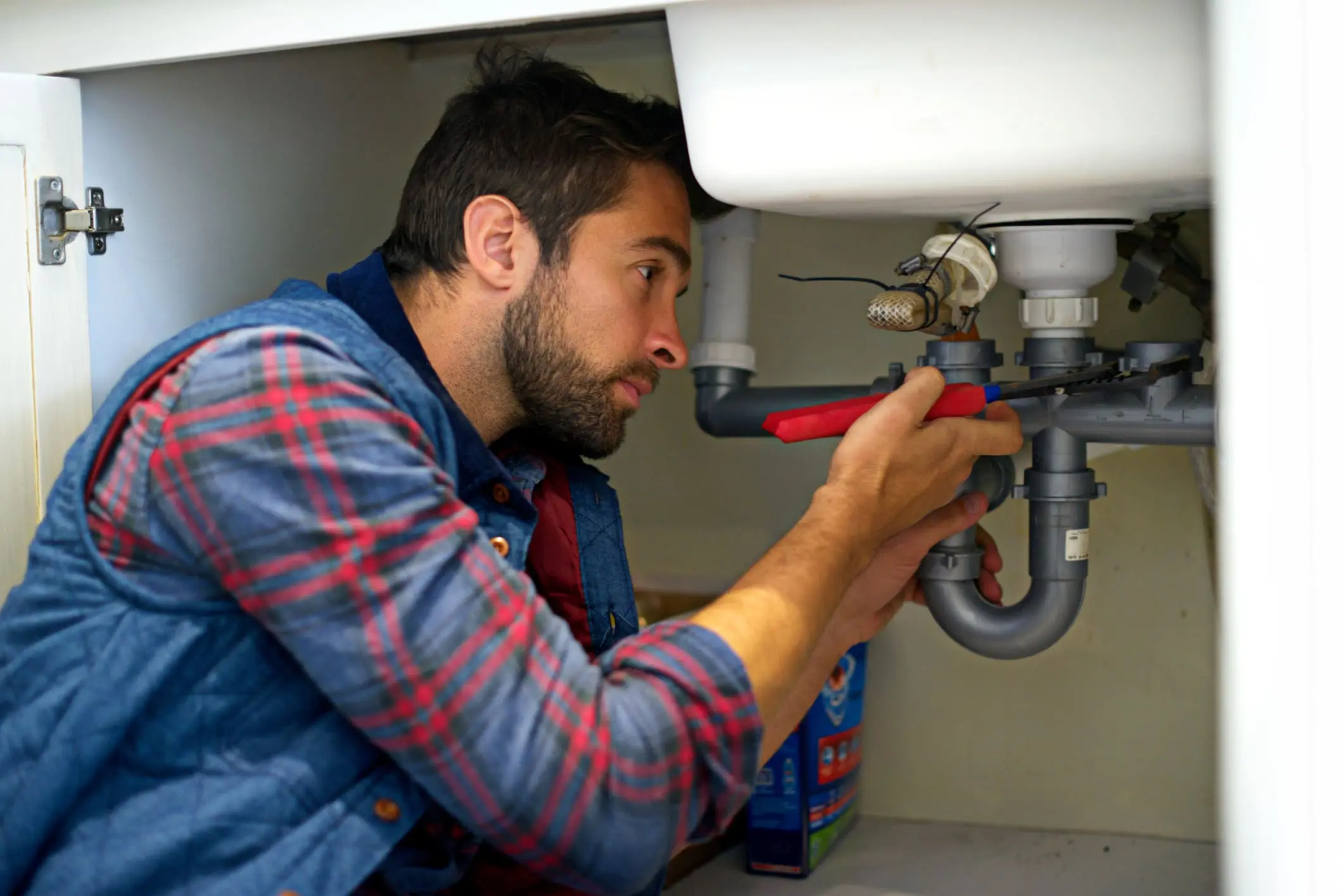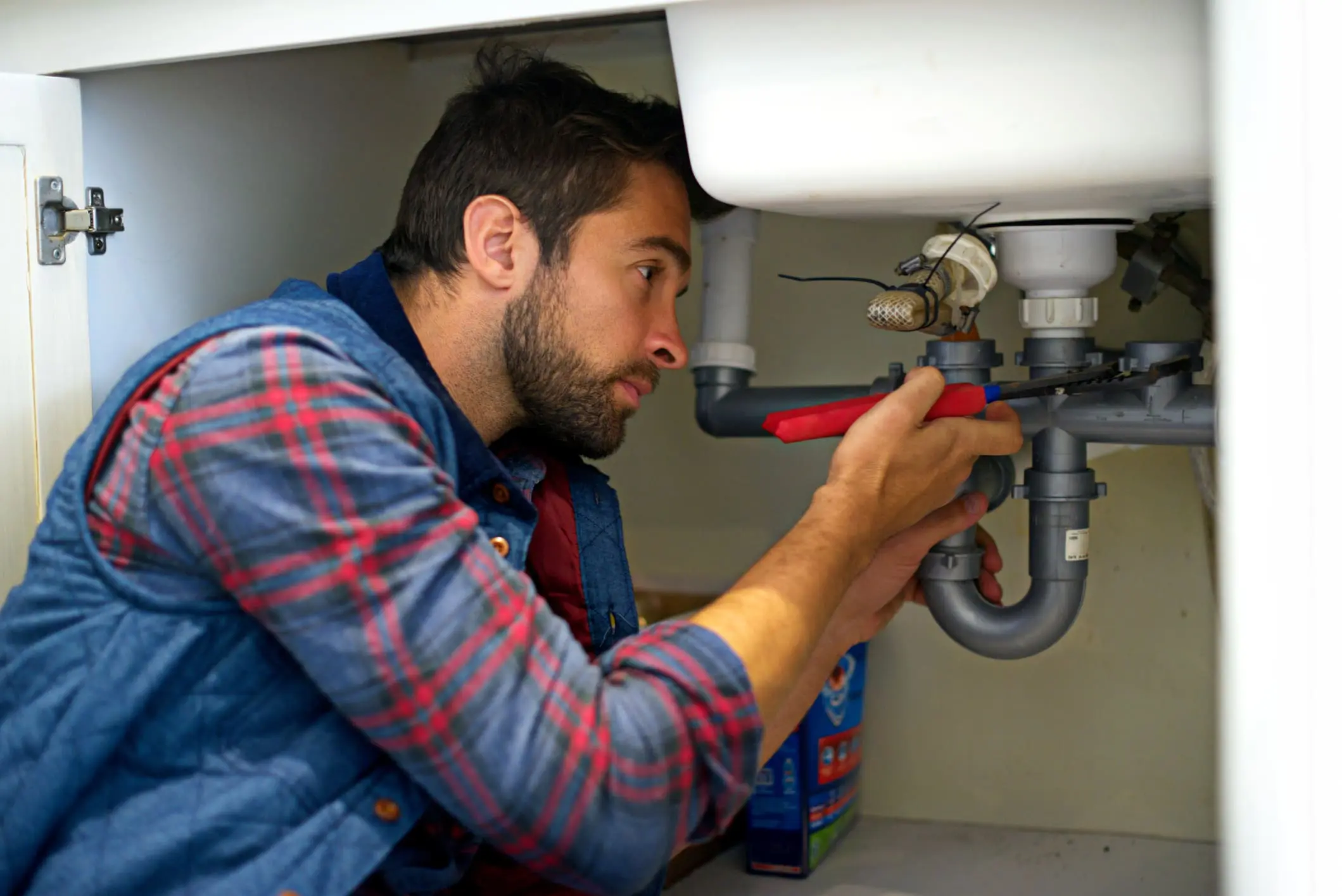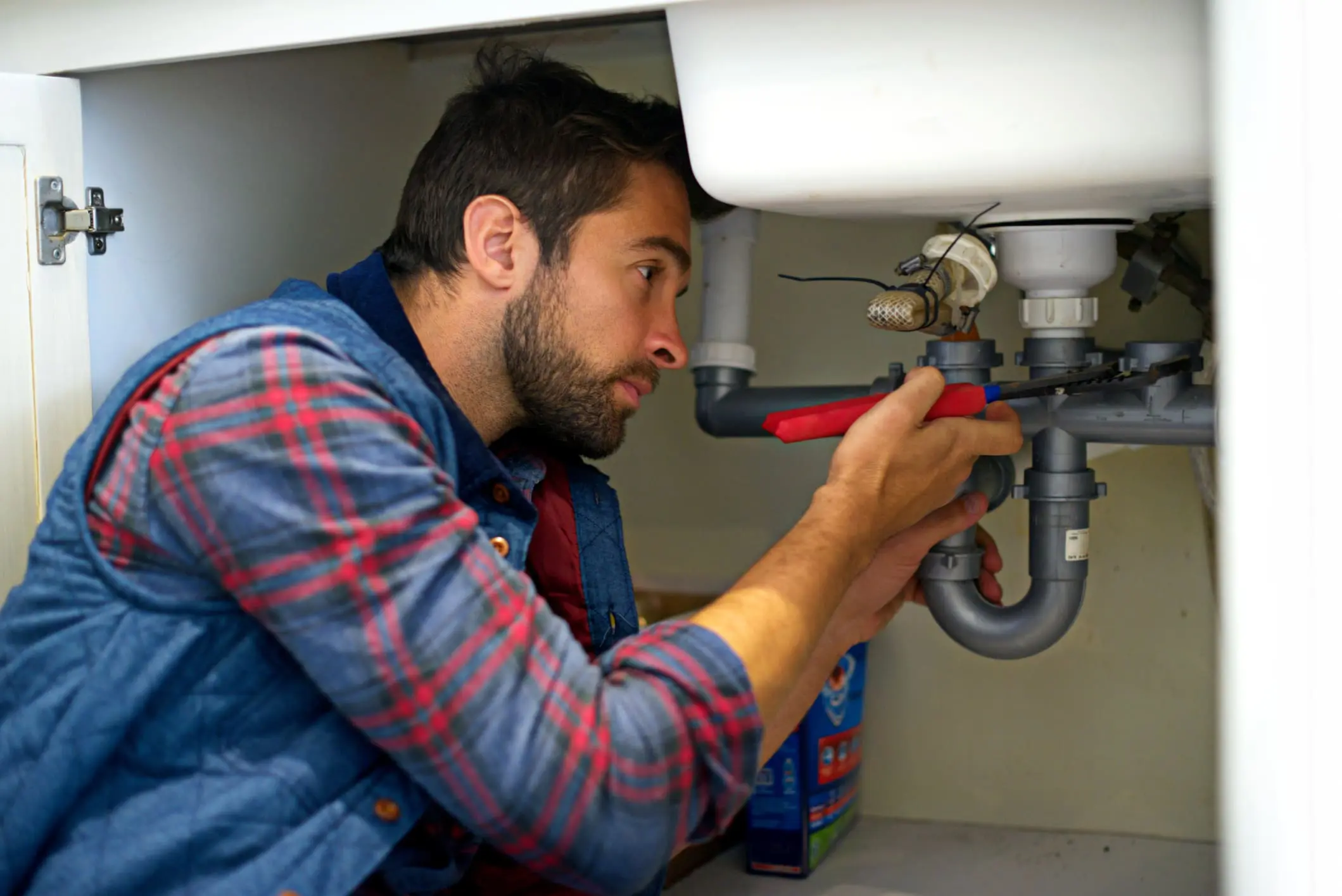The plumbing industry presents unique risks that require specialized insurance coverage. From working in confined spaces to h…
Plumber Professional Indemnity Insurance: Protecting Your Trade and Reputation
Professional indemnity insurance might not be the first thing on your mind when you're dealing with burst pipes or emergency callouts, but for plumbers operating in today's litigious environment, it's becoming an essential safeguard. Whether you're a sole trader fixing domestic leaks or running a larger plumbing business handling commercial contracts, professional indemnity (PI) insurance can protect you from potentially devastating claims that could threaten your livelihood and reputation.
What is Professional Indemnity Insurance for Plumbers?
Professional indemnity insurance for plumbers provides financial protection against claims arising from alleged errors, omissions, or negligent acts in the provision of your professional services. Unlike public liability insurance, which covers third-party injuries or property damage, PI insurance specifically addresses situations where your professional advice, workmanship, or service delivery is called into question.
For plumbers, this coverage is particularly relevant when clients claim that your work has caused financial loss, failed to meet professional standards, or resulted in consequential damage that goes beyond the immediate physical repair.
Why Do Plumbers Need Professional Indemnity Insurance?
Rising Client Expectations
Today's customers are more informed and demanding than ever before. They expect professional standards from all tradespeople, including detailed explanations of work required, accurate cost estimates, and guarantees on workmanship. When these expectations aren't met, or when misunderstandings arise, clients are increasingly willing to pursue legal action.
Complex Modern Plumbing Systems
Modern plumbing systems are far more sophisticated than traditional installations. Smart water systems, energy-efficient boilers, underfloor heating, and integrated home automation mean that plumbers are often providing advice on complex technical matters. The more complex the system, the greater the potential for something to go wrong – and the higher the potential cost of rectification.
Regulatory Compliance Requirements
Plumbers must comply with numerous regulations, from Building Regulations and Water Supply Regulations to Gas Safety requirements where applicable. Failure to meet these standards can result in significant financial penalties and compensation claims from affected clients.
Contractual Obligations
Many commercial clients and even domestic customers now require proof of professional indemnity insurance before engaging plumbing services. Without adequate PI cover, you may find yourself excluded from lucrative contracts and repeat business opportunities.
Common Claims Scenarios for Plumbers
Faulty Workmanship Claims
One of the most common PI claims involves allegations of substandard workmanship. For example, if a newly installed central heating system fails prematurely, causing the client to incur additional repair costs and temporary heating expenses, they may claim against your professional indemnity policy for the financial losses incurred.
Design and Specification Errors
When plumbers provide advice on system design or specify particular components, they assume professional responsibility for those recommendations. If a recommended boiler proves inadequate for the property size, or if pipework specifications result in poor water pressure, clients may seek compensation for the cost of rectification and any consequential losses.
Delayed or Incomplete Work
Professional indemnity claims can arise when project delays or incomplete work cause financial loss to clients. For instance, if delayed bathroom installation work prevents a landlord from re-letting a property, they may claim for lost rental income during the extended period.
Breach of Professional Duty
This covers situations where plumbers fail to meet the standard of care expected from a competent professional. Examples include failing to identify obvious problems during maintenance visits, not advising clients of potential issues that should have been apparent, or providing incorrect advice about system maintenance requirements.
Confidentiality Breaches
Although less common in plumbing than other professions, breaches of client confidentiality can occur. This might involve discussing a client's property details or financial situation with unauthorized parties, potentially leading to privacy violation claims.
What Professional Indemnity Insurance Covers
Legal Defense Costs
PI insurance covers the cost of defending claims, including solicitor fees, expert witness costs, and court expenses. Even if a claim is ultimately unsuccessful, legal defense costs can run into tens of thousands of pounds, making this coverage invaluable.
Compensation Payments
If you're found liable for professional negligence, your PI policy will cover compensation payments up to your policy limit. This includes direct financial losses suffered by the client and, in some cases, consequential losses that flow from your negligent act or omission.
Regulatory Defense Costs
Many PI policies now include cover for defending regulatory investigations or disciplinary proceedings. For plumbers, this might involve defending action by local authorities regarding Building Regulations compliance or water authority investigations.
Crisis Management Support
Some insurers provide access to crisis management specialists who can help protect your reputation during a claim. This might include advice on managing negative publicity or social media coverage that could damage your business.
Coverage Limits and Considerations
Choosing Appropriate Limits
Professional indemnity insurance is typically sold with coverage limits ranging from £100,000 to several million pounds. For most domestic plumbers, coverage between £250,000 and £1 million is usually adequate. However, plumbers working on commercial projects or high-value residential properties should consider higher limits.
Aggregate vs. Per Claim Limits
Understanding whether your policy operates on an aggregate (total claims per year) or per claim basis is crucial. Aggregate policies provide a total pot of money for all claims in a policy year, while per claim policies provide the full limit for each separate claim.
Retroactive Date Coverage
Most PI policies are written on a "claims-made" basis, meaning they cover claims made during the policy period regardless of when the alleged negligent act occurred. However, coverage usually only extends back to a specific retroactive date, so it's important to maintain continuous coverage.
Policy Exclusions to Be Aware Of
Intentional Acts
Professional indemnity insurance won't cover deliberately fraudulent or dishonest acts. If you knowingly provide substandard work or deliberately mislead clients, your insurer won't provide coverage.
Criminal Activities
Any claims arising from criminal activities are excluded from coverage. This includes work carried out without proper licenses or in violation of safety regulations.
Contractual Penalties
Many policies exclude liability that arises solely from contractual penalty clauses rather than actual negligence. This means that if you're liable under a contract but haven't actually been negligent, coverage might not apply.
Pollution and Contamination
Standard PI policies often exclude claims related to pollution or contamination, which could be relevant for plumbers working on water systems or dealing with hazardous materials.
The Claims Process
Immediate Notification
If you become aware of a potential claim or circumstance that might give rise to a claim, notify your insurer immediately. Most policies require prompt notification, and delays can prejudice your coverage.
Documentation Preservation
Preserve all relevant documentation, including contracts, correspondence, photographs, and work records. This evidence will be crucial in defending any claim and demonstrating the standard of your work.
Professional Cooperation
Work closely with your insurer's appointed legal representatives and experts. Your cooperation is typically a condition of coverage, and failure to assist in your defense could void your policy.
Ongoing Business Operations
Try to maintain normal business operations during the claims process. Your insurer's legal team will handle the claim defense, allowing you to focus on serving your existing clients and maintaining your reputation.
Cost Factors for Plumber PI Insurance
Business Size and Turnover
Larger plumbing businesses with higher turnovers typically pay more for PI insurance, as they face greater exposure to potential claims. However, the cost per pound of turnover often decreases as business size increases.
Type of Work Undertaken
Domestic plumbers generally pay less than those working on commercial projects or specialized installations. High-risk activities like gas work or work on historic buildings may attract higher premiums.
Claims History
A clean claims history will help keep premiums down, while previous claims can significantly increase costs. Some insurers offer claims-free discounts for businesses with good track records.
Coverage Limits and Deductibles
Higher coverage limits increase premiums, while higher deductibles can help reduce costs. Finding the right balance depends on your risk tolerance and financial capacity to handle smaller claims yourself.
Choosing the Right PI Insurance Provider
Industry Expertise
Look for insurers who understand the plumbing industry and the specific risks you face. Specialist trade insurers often provide more comprehensive coverage and better claims handling than general commercial insurers.
Financial Strength
Ensure your insurer has strong financial ratings from agencies like A.M. Best or Standard & Poor's. You need confidence that they'll be able to pay claims when they arise.
Claims Handling Reputation
Research the insurer's reputation for claims handling. Quick, fair claims resolution is crucial for maintaining your business operations and reputation during difficult periods.
Additional Services
Many insurers now offer value-added services like legal helplines, health and safety advice, and business support services. These can provide significant additional value beyond the basic insurance coverage.
Best Practices for Risk Management
Clear Contracts and Terms
Use clear, written contracts for all work that specify exactly what services you'll provide, timescales, and any limitations or exclusions. This helps prevent misunderstandings that can lead to claims.
Regular Training and Certification
Stay current with industry best practices, regulations, and new technologies through regular training and certification programs. This demonstrates professional competence and can help defend against negligence claims.
Quality Documentation
Maintain detailed records of all work undertaken, including photographs of before and after conditions, materials used, and any issues encountered. Good documentation is your best defense against unfounded claims.
Client Communication
Maintain clear, regular communication with clients throughout projects. Explain any issues that arise, obtain written approval for variations, and ensure clients understand any limitations or ongoing maintenance requirements.
The Future of PI Insurance for Plumbers
Technology Integration
As smart home technology becomes more prevalent, plumbers are increasingly involved in complex integrated systems. This trend is likely to increase PI insurance requirements and potentially drive up premiums for those working with advanced technologies.
Environmental Considerations
Growing environmental awareness and regulations around water efficiency and sustainable heating systems may create new areas of professional liability for plumbers. Staying current with environmental requirements will be crucial for managing PI risks.
Regulatory Changes
Ongoing changes to building regulations and professional standards may impact PI insurance requirements. Regular review of your coverage ensures it remains adequate for evolving regulatory landscapes.
Conclusion
Professional indemnity insurance represents a crucial investment in your plumbing business's long-term viability and success. While the cost might seem significant, the potential financial and reputational damage from an uninsured professional negligence claim far outweighs the premium expense.
The key is finding the right balance of coverage limits, policy terms, and cost that matches your specific business profile and risk exposure. By working with experienced insurance professionals who understand the plumbing industry, you can secure comprehensive protection that allows you to focus on what you do best – providing quality plumbing services to your clients.
Remember that professional indemnity insurance isn't just about protecting against the worst-case scenario; it's about demonstrating professionalism to clients, meeting contractual requirements, and providing peace of mind that allows you to grow your business with confidence.
Whether you're a newly qualified plumber starting your own business or an established contractor looking to review your current coverage, professional indemnity insurance should be considered an essential business tool rather than an optional extra. In today's competitive and increasingly complex marketplace, it's not a question of whether you can afford PI insurance – it's whether you can afford to be without it.


 0330 127 2333
0330 127 2333
